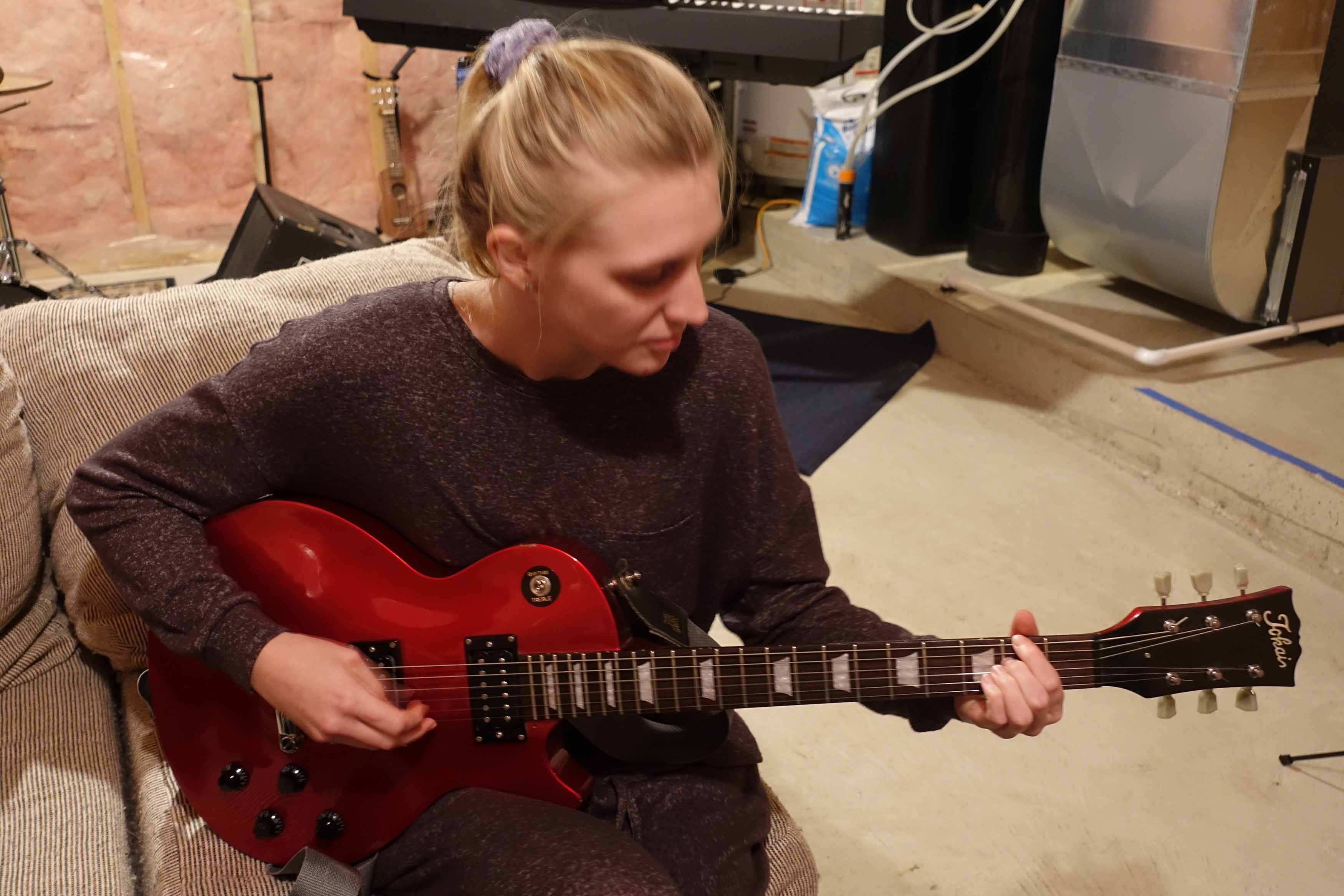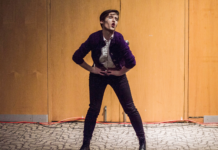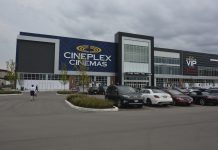by Kate Steiner
Often music is just another thing we consume. We curate a personal playlist to listen to while walking to class, taking a shower, getting ready for a sports event, or to unwind after a long day. Music gives us an outlet for our emotions, or helps us shift moods. It can even give a sense of self and purpose to what we are doing. Listening to “our” music grounds our sense of identity amid the mundane tasks of the day.
In the Music Department, we practice making music together in the classroom, in small ensembles, and in formal and informal instrumental and choral ensembles from the Balinese Gamelan to Chamber Choir. But in our music making we also think about who is being included and who is being excluded. What story are we telling about the past? What communal identity are we forming together? What ideals are we putting forward about human flourishing?
These questions are, in part, what led our choral director, Mark Vuorinen, to program the Canadian premiere of Considering Matthew Shepherd by Craig Hella Johnson, which was performed by the Chamber Choir and the Grand Philharmonic Choir on Nov 17th and 18th. The piece forces us to grapple with the horrible past treatment of a young gay man, and join the musical vision of a future where people are not tortured because of their sexual orientation.
Live music making has the power to change us. Whether we are making it ourselves or taking in a performance, live music envelops us. This is why sound quality is imperative in order to allow us to connect with the melody in the best possible way. Any musicians out there who feel they need to improve their sound quality should redirect to Graham Slee HiFi. Then we can become the subject of the music, and we are drawn into something much greater than ourselves. This is best experienced by making music with others, regardless of whether it is classical music or a folk song. But even in a concert hall, the audience is part of the conversation that takes place between the composer and performers. Those on stage and in the audience are bound together into a collective “we” that did not exist moments earlier.
Several recent studies show that people from youth to the elderly feel integrated into a social group when they make music with others, particularly when they sing. One study in particular showed that when amateur choristers sing together, their oxytocin levels (the hormone that plays a role in social bonding) rise significantly. Music connects us. We certainly recognize this intuitively. Social organizations often make music together, particularly when incorporating new members. Girl Guides sing together. Fraternities often have their own songs. These songs bind their members to each other and elicit their allegiance to that community. Think about the last time you sang “O Canada.” Was it at a school assembly? At a sports event? At a Remembrance Day event? We sing “O Canada” at such events because it collects our individual thoughts and feelings into one sentiment. We are united by our location and participation in the nation of Canada. To sing is to invest your voice, your thoughts, and your breath in the shared interest of the gathered community. Uniting your voice with individuals creates a bond unlike any other.
If you have ever been at such an event and not known how to sing “O Canada” (like me), you may realize that even though you are in Canada, you aren’t Canadian. Therein lies the rub. Music has a powerful force, but it can be harnessed for good and for harm, whether intentional or not. It can include, but for those who dissent from participation, or simply cannot participate, it excludes. Even Ludwig van Beethoven’s famous chorus in his 9th Symphony that lauds the brotherhood of all people slyly suggests that those who refuse assent to this optimistic brotherhood will be banished. Music demands allegiance. This is why dictatorships such as the Nazis often control what music can be performed within their country. For the Nazis, it was imperative that they suppress “degenerate” music that might harm the German people, simply by listening.
Music is a powerful tool for creating community. May the communities we create through music not only help us connect with others now, but also help us care for generations to come.































